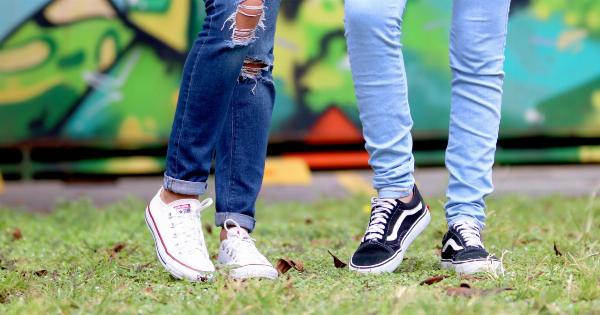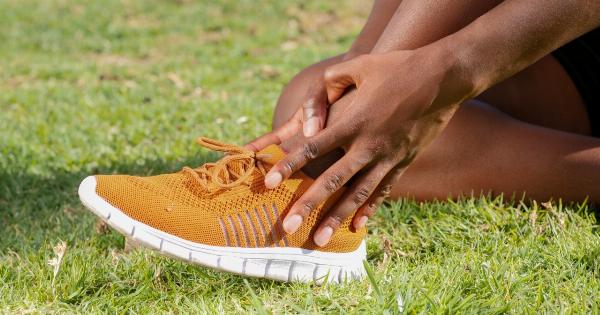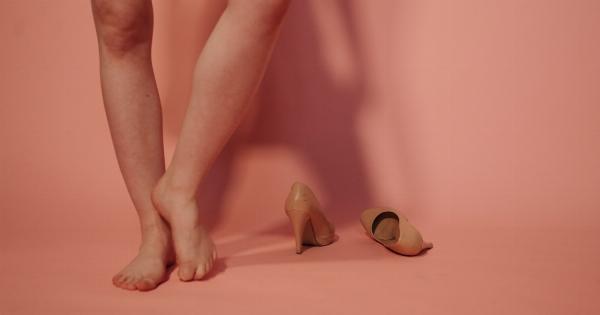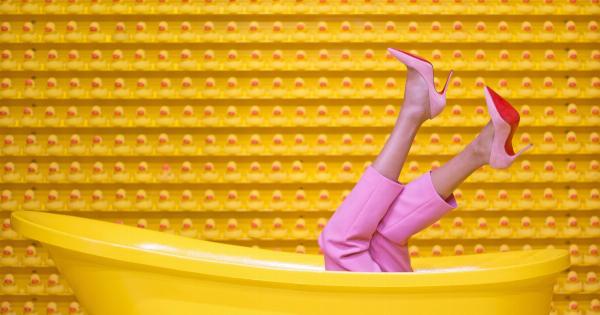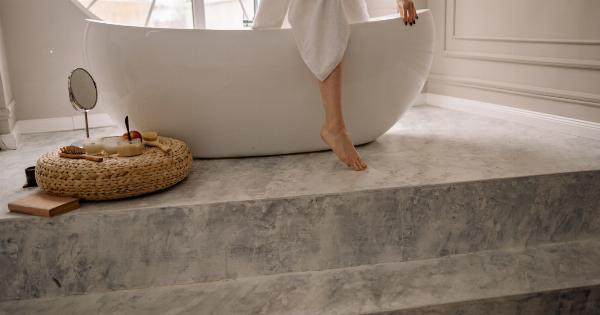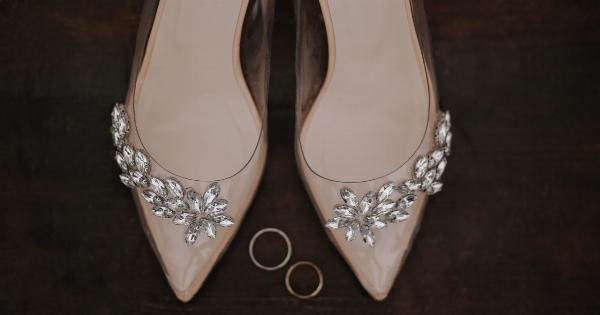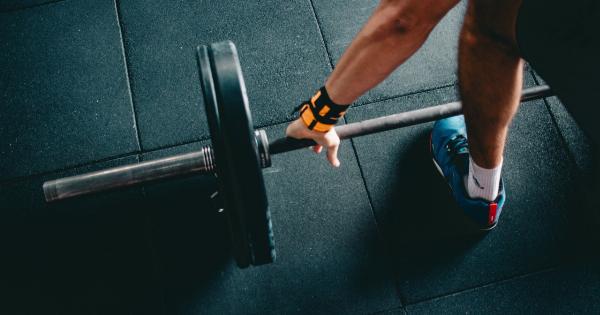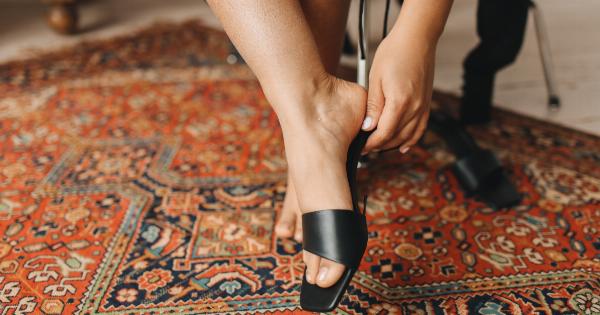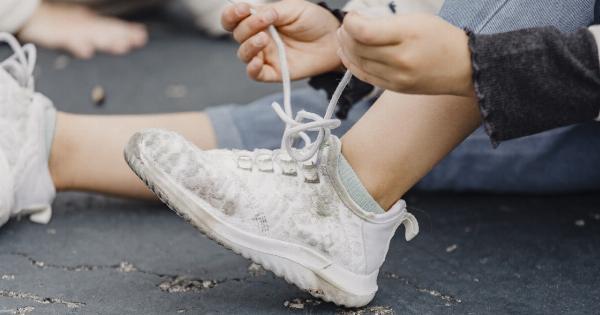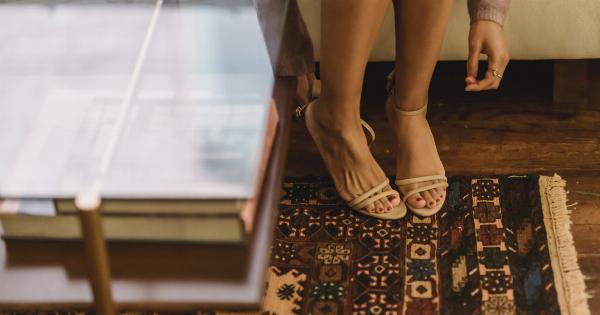Our feet carry us every day, supporting our body weight and ensuring that we can move with ease. It’s important to take care of our feet to maintain overall foot health. Unfortunately, not all shoes are designed with foot health in mind.
Some shoes can even cause damage and contribute to foot problems in the long run. In this article, we will explore the worst shoes for foot health and why they should be avoided.
1. High Heels
High heels may be fashionable, but they are incredibly uncomfortable and detrimental to foot health.
By wearing high heels regularly, you put excessive pressure on the balls of your feet, leading to pain, the development of bunions, and even nerve damage. Additionally, high heels alter your posture, potentially causing issues in your back, hips, and knees.
2. Flip-Flops
Flip-flops are a popular choice during the summer months due to their convenience and breathability. However, these flimsy sandals provide minimal arch support, leading to overpronation (excessive inward rolling of the foot) and plantar fasciitis.
They also leave your feet exposed, making them vulnerable to injuries from sharp objects or accidents.
3. Ballet Flats
Ballet flats may seem like a comfortable alternative to heels, but they offer minimal cushioning, arch support, and shock absorption.
Walking long distances in ballet flats can lead to foot pain, cramping, and the development of conditions such as metatarsalgia (pain in the ball of the foot).
4. Pointy-Toed Shoes
Pointy-toed shoes might look stylish, but they compress your toes into an unnatural position, leading to deformities such as hammertoes or bunions. They also restrict toe movement, which can affect balance and overall foot function.
5. Ill-Fitting Shoes
Shoes that are too tight or too loose can cause numerous foot problems. Tight shoes can lead to ingrown toenails, blisters, and corns, while loose shoes don’t provide necessary support and can lead to instability or sprained ankles.
It’s crucial to choose the right shoe size and ensure a proper fit to promote foot health and comfort.
6. Stilettos
Similar to high heels, stilettos have an extremely narrow heel that creates an unstable walking surface. Wearing stilettos increases the risk of ankle strains, trips, and falls.
They also put excessive pressure on the forefoot, leading to pain and potential long-term damage.
7. Platform Shoes
While platform shoes may offer more stability than stilettos, they can still cause foot pain and discomfort.
The elevation at the front of the foot puts extra pressure on the balls of your feet and can lead to conditions like metatarsalgia or Morton’s neuroma.
8. Sneakers with Minimal Support
Not all sneakers are created equal, and those with minimal support can be detrimental to foot health. Sneakers should provide cushioning, arch support, and proper shock absorption.
Wearing sneakers with insufficient support can contribute to foot pain, shin splints, and even stress fractures.
9. Wedges
While wedges provide more stability than stilettos or high heels, they still have their drawbacks. The height difference between the heel and the rest of the foot can strain the Achilles tendon, leading to Achilles tendonitis or calf muscle tightness.
Additionally, wedges with minimal arch support can contribute to overpronation.
10. Shoes with Thin Soles
Shoes with thin soles, such as flats or minimalist shoes, don’t offer adequate cushioning for your feet. Walking or running in shoes without proper shock absorption can lead to foot pain, stress fractures, and impact-related injuries.
It’s important to choose shoes with appropriate sole thickness to protect your feet.
Conclusion
Caring for your feet is essential for overall foot health.
By avoiding the worst shoes mentioned above and opting for footwear that prioritizes comfort, support, and proper fit, you can greatly reduce the risk of foot problems and maintain healthier feet in the long run. Remember that good foot health is the foundation for an active and pain-free lifestyle.

